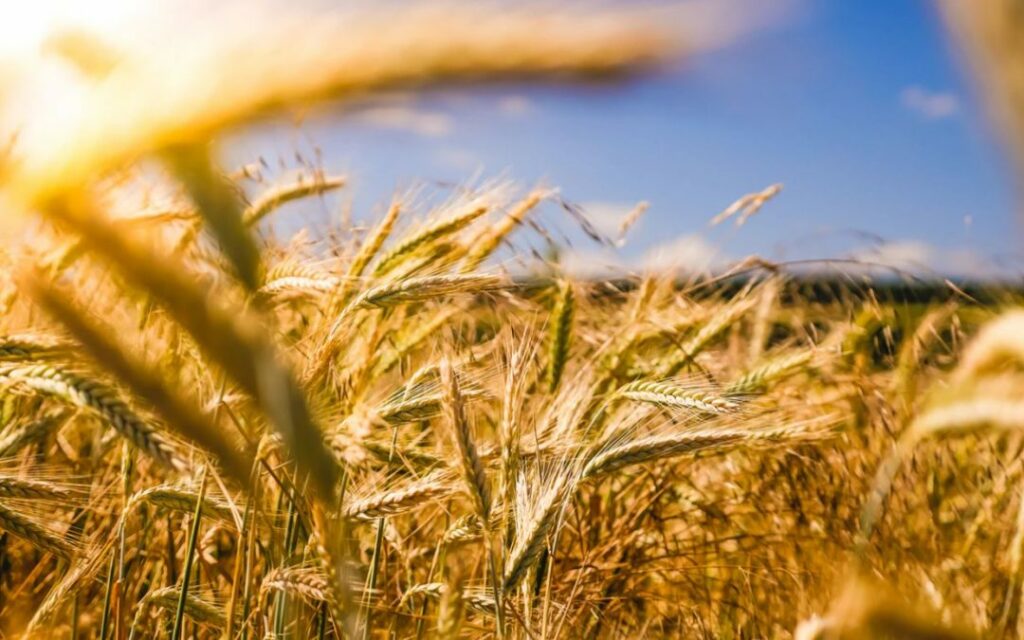The foundation of the Food and Agriculture industry has been affected worldwide by the onset of the COVID-19 outbreak, and Australia’s agricultural landscape is no exception. The full impact on the industry is yet to be experienced, however, and Australian farmers are waiting in anticipation of the effect that this pandemic will have on their business.
The disruption in the global production and supply chain market will be felt by everyone, but that doesn’t mean that there’s nothing you can do to prepare! Based on key trends observed across Australia’s agronomy and agribusiness industry, here are our 5 key pieces of information to help you brace for coronavirus impact:
1. Supply of chemicals and equipment has been disrupted
Coronavirus-related lockdown being observed in countries around the world has impacted supply chains, leading a shortage of essential chemicals and farm equipment in the global market (not to mention toilet paper!). But what does this mean for Australian farmers? Limited availability of glyphosate is already being felt, but farmers may also observe critical shortages of equipment and machinery in the near future. Prices of commodities and equipment are likely to rise.
In times like this, economically and environmentally sustainable farming practices are more important than ever. Kelly Engineering provides a range of seedbed management solutions that build on decades of farming experience to improve soil health, now and for future generations.
2. Increased fuel prices mean increased production costs
The coronavirus pandemic has led to a substantial increase of crude oil prices in the global market. Onshore fuel reserves are slumping gradually, while Australia’s oil and refining industry has been slowing down for the past decade. For a country that imports 80% of its fuel needs and has a limited capacity for oil refining, the impact of this pandemic on global supply chains will be sorely felt. On a personal level, this pandemic may increase your production costs. This could lead to a hike in the prices of commodities, further affecting the confidence level of consumers, though the full impact is yet to be seen.
The best ways to minimise the effect of rising fuel prices are by making less passes across the field and investing in fuel-efficient machinery. The Kelly Tillage System has been designed around sustainable goals for farming practices. Our harrows are famously efficient, using minimal fuel and needing only one pass for seedbed preparation.
3. A shortage in farm labourers
The restrictions and travel bans observed by countries around the world will inevitably lead to a shortage in available labour for Australian farms. The Australian labour market depends on backpackers and travellers, who form the backbone of the agricultural labour process. Prepare for a shortage of seasonal and short term labour in the near future, especially for labour-intensive work like harvesting winter crops.
However, this problem may be mitigated by the national rise in unemployment. The retail and hospitality sectors are facing unprecedented closure as people across the country endure social distancing practices, and many out-of-work customer service employees are seeking work on farms in the meantime. If you’re in need of labour, reach out to your local community!
4. A surge in confidence among Australian farmers
You might have noticed that parts of the country have finally been receiving some rain. That, along with the sharp increase in the global prices of commodities, could inspire a sense of optimism for you and for thousands of other Australian farmers. You could expect a better valuation of your produce when exporting to other countries.
A boost in purchasing power presents an opportunity to reinvest in equipment, increasing your production capacity and efficiency. The Kelly Tillage System excels in narrow margins, helping farmers around the world get a better seedbed for a better bottom line!
5. Farm exports to brace the impact of the pandemic
You may be confident that Australia’s agricultural industry will continue to support production and supply of crops for the national market. However, the export industry will be sorely hurt by coronavirus impact in the coming weeks and months. 75% of Australia’s crop production is exported; the key markets of China, Korea and Japan alone account for approx. $17 billion per annum. Furthermore, farmers are experiencing delays in receiving shipments of essential farm production and crop protection equipment in most parts of the world. These changes have led to a significant tightening of supply chains across the industry.
All Australians are feeling the impact of the coronavirus pandemic, and there’s no clear end in sight; social distancing measures are likely to be in place for at least another six months. We encourage all farmers to make use of this information and prepare for the long haul!


